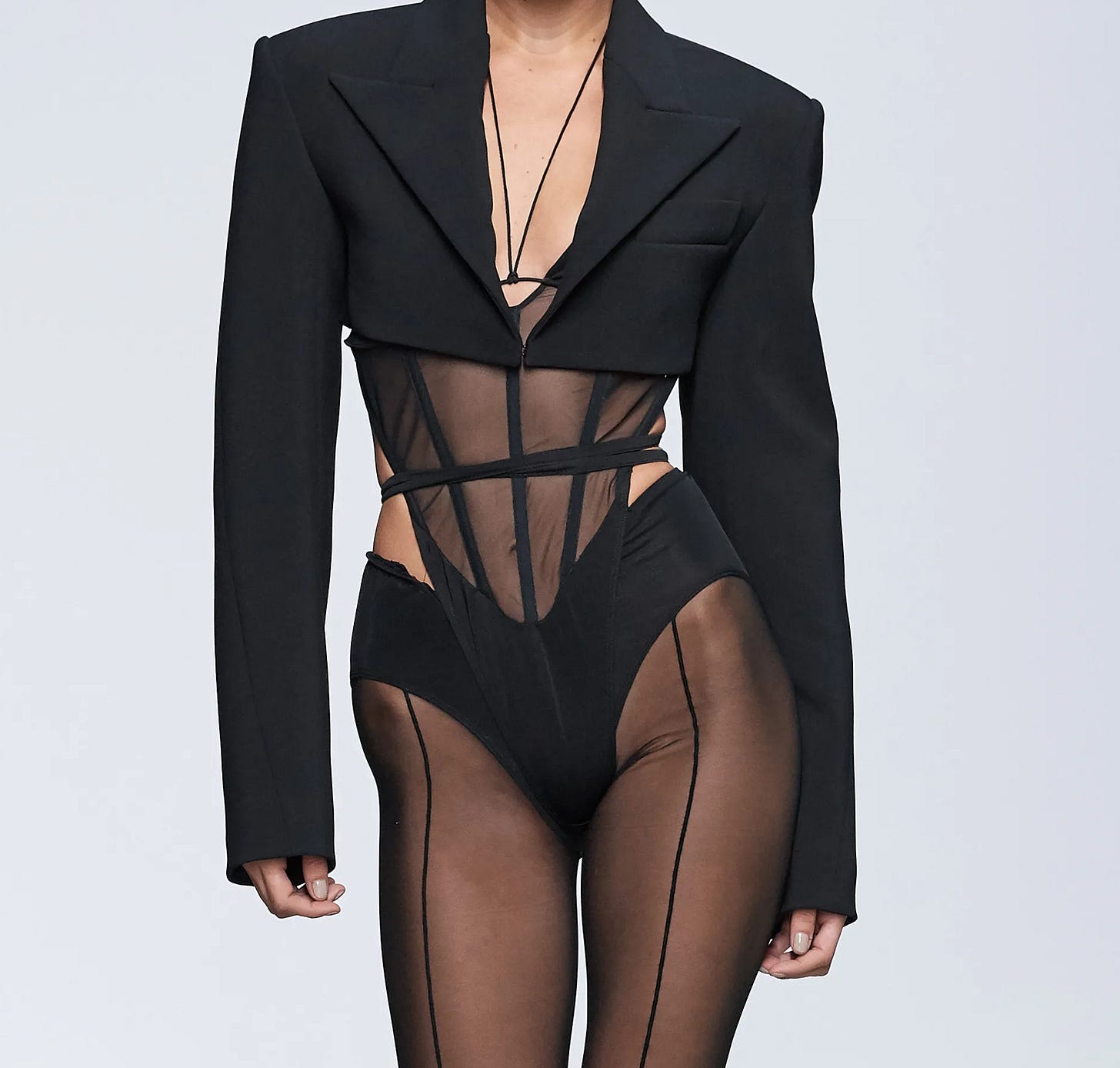When I was a teenager, I collected items from Victoria’s Secret. I kept them in a special drawer that I lined in gift wrapping paper. Inside this drawer, I also kept mementos from people who were dear to me, and the photograph of a history teacher I had a crush on for years. Victoria’s Secret was part of my awakening, and played a similar role in the lives of many women.
But last month, Victoria’s Secret changed direction. The company unveiled a new campaign that replaced its models with a coterie of activists and advocates for women’s “empowerment” including Megan Rapinoe, a soccer player who promptly decreed that that the old Victoria’s Secret was “patriarchal,” “sexist,” “really harmful,” and perhaps most egregiously, made products that “men desired.” Such sentiments are part of a larger trend in women’s lingerie, which has resulted in styles that are loosely structured and shun traditional fabrics like satin and lace. Models must now be chosen not only for their look, but for their “talents” and “accomplishments.” And the primary raison d'être of lingerie has changed: Rapinoe proclaims that “functionality is probably the sexiest thing we could possibly achieve in life.”
I certainly never felt harmed by Victoria’s Secret, and did not suffer under the “male gaze” invoked by so many feminists. I never expected my body to look like the bodies of the models. Being bisexual, I felt my own attraction to the women who represented the brand and I never felt slighted in any way by its advertising. I do not accept the puritanical language Megan Rapinoe employs, nor accusations that I have internalized misogyny if I do not agree with her worldview.
It could be argued that extraordinary beauty is a talent in itself— something to be celebrated and enjoyed. It is no more inherently harmful than male desire. Innate and immune to furious attempts to eliminate its hierarchy, beauty should not be under sanctimony’s thumb anymore than sex should exclusively happen inside of marriage. There is a deeply sex-negative strain in the demands that women’s undergarments become primarily functional rather than aesthetic. After centuries of fighting against religious repression of women’s sexuality, we should certainly not submit to the exhortations of people like Ms. Rapinoe.
Victoria’s Secret is one of many retailers that has adopted a moralistic agenda and sought to impose it on an ideologically diverse customer base. Where does such an approach leave women who embrace their sexuality and their liberty? Or those who prefer the kind of “freedom feminism” espoused by scholars such as Camille Paglia and Christina Hoff Sommers? Or women who don’t want ideology of any kind pushed on them by companies?
Every purchase is not political. Some areas of life— perhaps above all, the erotic— should be free from agendas. And commerce does not need to be a crusade. I will leave the drab, sagging undergarments for those who felt slighted by the former Victoria’s Secret, and thank God that brands like Mugler and Fleet Ilya are still unapologetically sexual, more than merely functional, and drenched in feminine power.




